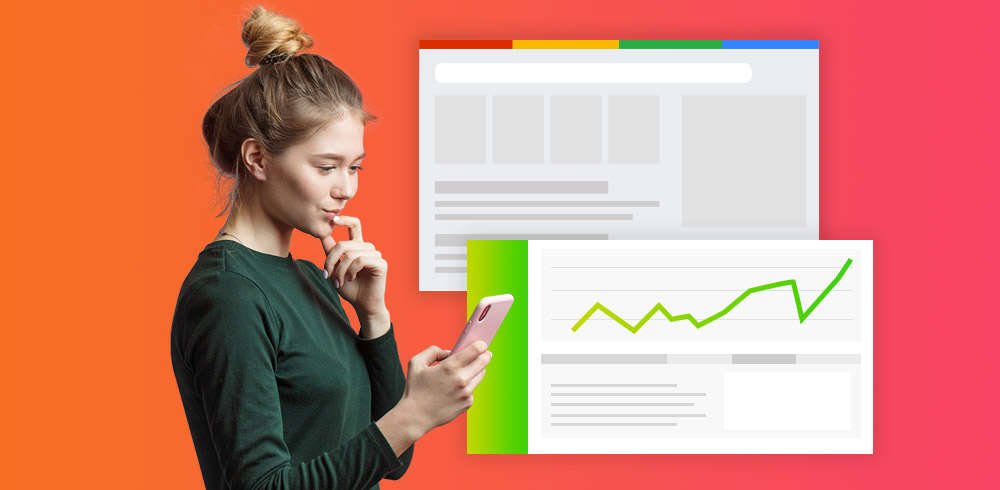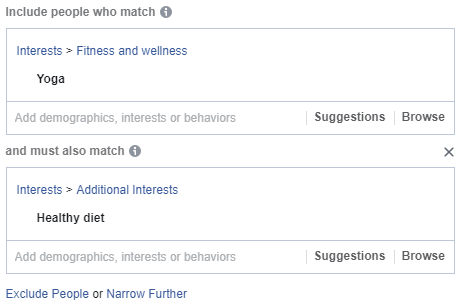Top Facebook Prospecting Tactics by the Numbers


“Facebook is a full-funnel marketing tactic.”
Heard this Facebook advertising mantra before?
To be honest, I use this phrase often to underline the complete scope and possibilities with social.
While our team approaches Facebook marketing as a multi-tiered channel, at the end of the day, a marketing funnel is only as good as the prospecting tactics.
We took a deep dive into the last twelve months of prospecting data to identify the top performing tactics and patterns for success.
The thousand-foot view of our findings is that simplified audience structures allow the Facebook algorithm to easily identify the correct user for the intended action.
We identified clients with similar goals: driving efficient traffic and revenue using the Conversion objective. Outside of dynamic ads, the Conversion objective is the best Facebook solution for ecommerce goals.
Data was isolated to prospecting tactics using lookalikes, core, and broad targeting. No audiences include any first party data, such as email lists or pixel-based audiences.
In broad strokes, we wanted to understand the best audience type for clients to focus on.
Narrowing down to the top performers is the surest way to manage limited budgets or strict success metrics.

Interestingly, there isn’t a clear winner for ROAS, but traffic metrics vary widely with:
Since the broad targeting tactic hinges on limited manual targeting, ads reach users at a lower CPM leading to lower traffic costs.
By far, lookalikes generate the highest conversion rate, but are the most expensive audience to send to the website. Lookalikes are typically smaller than core or broad targeting audiences, leading to increased CPMs and CPCs.
Layering is the practice of narrowing down an audience by requiring users match This AND That. An example use-case is serving to users who are interested in yoga AND interested in a healthy diet.
Narrowing audiences is a common practice to create specialized audience personas.

Across core and lookalike audiences, we found layering audiences significantly affected revenue metrics. The simplified audience structure clearly allowed the Facebook algorithm to find the correct users for purchasing.


Additionally, a common practice is to lump multiple lookalikes into one “mega ad set.” The theory here is to reduce overlap between lookalike audiences and spend more efficiently.
The data clearly points to “mega ad sets” hurting performance with ROAS 27% lower and CPCs 19% higher than the average lookalike performance.
While best practices for every account differs, the discrepancy between a layered and simplified audience held true for most accounts we dissected.
With all things Facebook, it’s worth testing to ensure this is a best practice for your account.
A common prospecting question is, ‘what’s the best lookalike audience to target?’
The answer to your burning question is, surprisingly, not what you’d expect.
We found audiences modeled off of High Average Order Value performed best revenue-wise, but General Site Visitors and Video Viewers closely followed in performance.
Site Visitors and Video Viewers lookalike audiences were only successful because the first party site visitors and video viewers were comprised of quality users.
This emphasizes the underlying point of this analysis: driving quality traffic at the top of the funnel is imperative to business success.
Focus on incremental efficiency at the top of the funnel and the entire business will thrive.
Want to learn more?
Creative Ad Testing for Facebook & Instagram
How Will Facebook’s Clear History Tool Impact Advertisers?
3 Ways to Improve ROI on Paid Social Beyond the Feed

Notifications